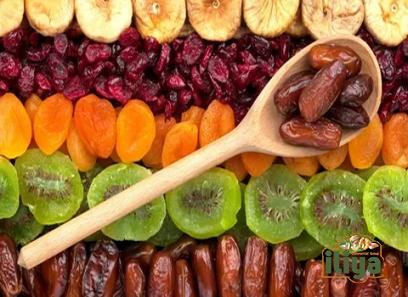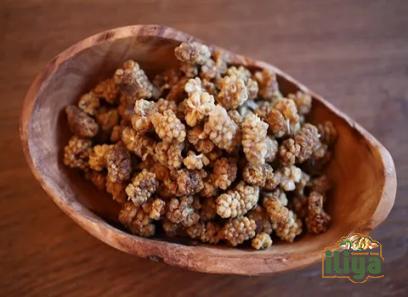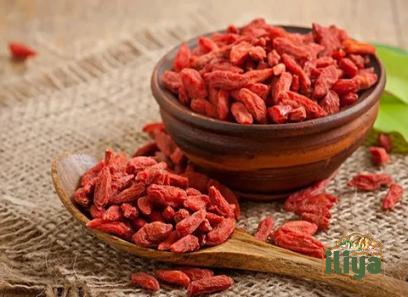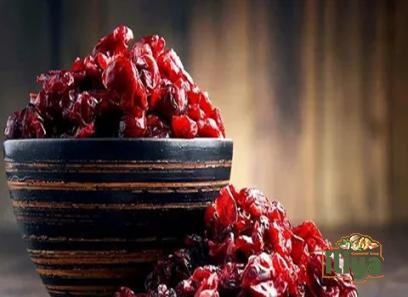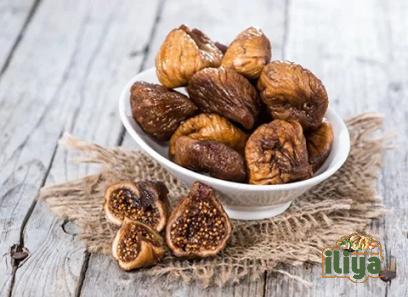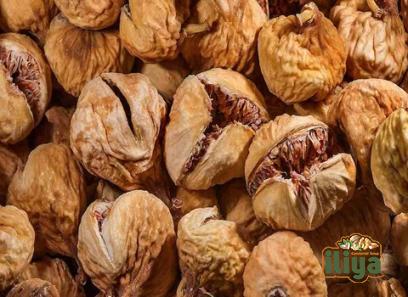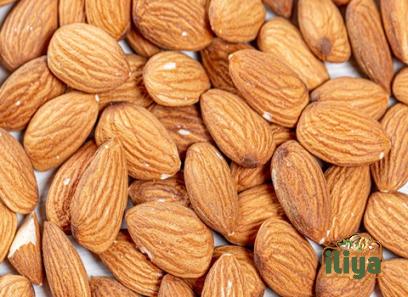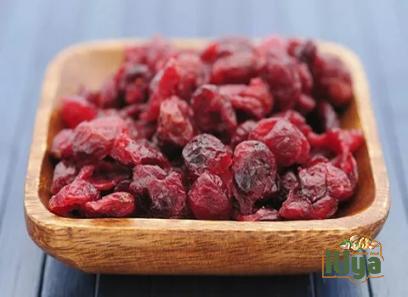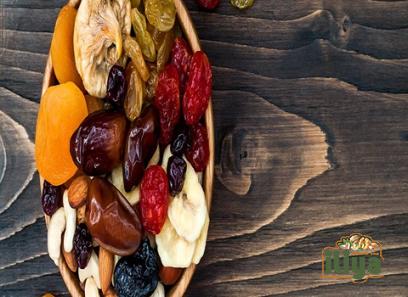The global cashew industry has witnessed remarkable growth in recent decades, with the demand for cashew nuts and related products skyrocketing. Cashews are not only enjoyed as a tasty snack but are also used in various recipes, and their byproducts find application in the confectionery, baking, and beverage industries. In this article, we will explore the main cashew producing countries worldwide, highlighting their production volumes, export destinations, and significance to the global market.
1. Vietnam:
Vietnam is the largest cashew producing country, accounting for approximately 40% of global production. The country has a favorable climate for cashew cultivation, and its robust processing industry allows for significant value addition. Vietnam’s cashew production is primarily concentrated in the southeastern provinces, such as Binh Phuoc, Dong Nai, and Ba Ria-Vung Tau. The majority of Vietnamese cashews are exported to the United States, European Union, China, and India.
2. India:
India is the second-largest cashew producer globally, with the state of Andhra Pradesh being a major cultivation hub. The country has a significant processing industry, which converts raw cashew nuts into kernels for both domestic consumption and export. Indian cashews are renowned for their quality and flavor, and they are primarily exported to the United States, European Union, Middle East, and Southeast Asian countries.
3. Ivory Coast:
Ivory Coast, also known as Côte d’Ivoire, is a major cashew producing country in West Africa. It is the largest exporter of raw cashew nuts, with over 80% of its production being sold to processing countries like Vietnam and India. The country’s cashew production is geographically concentrated in the northeastern regions, including Bondoukou, Bouna, and Korhogo. The Ivorian government has implemented policies to develop the cashew sector as a means of poverty reduction and economic diversification.
4. Brazil:
Brazil is a significant player in the global cashew production market. The country’s northeastern states, such as Ceará, Piauí, and Rio Grande do Norte, account for the majority of cashew cultivation. Brazil mainly exports processed cashews in the form of kernels to the United States, European Union, and other Latin American countries. Brazil’s cashew production has faced challenges due to competition from other crops and diseases, prompting efforts to promote research and development within the sector.

5. Nigeria:
Nigeria ranks among the top five global cashew producers. The country’s cashew production is spread across various states, including Oyo, Ogun, Enugu, and Kaduna. Nigerian cashews are popular for their large size and high kernel yields. However, Nigeria faces challenges with limited processing capacity and relies heavily on exports of raw nuts to countries like Vietnam and India. Initiatives are ongoing to encourage local processing and value addition to benefit from this lucrative industry fully.
6. Tanzania:
Tanzania is a significant cashew producer in East Africa, with the southern regions of Mtwara and Lindi being the main cultivation areas. The country primarily exports raw cashew nuts, with India, Vietnam, and the United Arab Emirates being the key markets. Tanzania has embarked on efforts to promote local processing to increase the value of its cashew exports and create employment opportunities within the country.
7. Benin:
Benin, situated in West Africa, is one of the leading cashew producing countries, with cashews accounting for a significant share of its total agricultural exports. Cashew cultivation in Benin is concentrated in the northern regions, such as Alibori and Atacora. The country predominantly exports raw cashew nuts, which are primarily processed in India and Vietnam.
8. Guinea-Bissau:
Guinea-Bissau is a prominent cashew producing country in West Africa and relies heavily on cashew nut exports. The cashew sector plays a crucial role in the country’s economy, contributing significantly to employment and foreign exchange earnings. Like many other African countries, Guinea-Bissau exports a large portion of its raw cashew nuts to processing nations.
Conclusion:
Cashew production is a vital sector for numerous countries worldwide, offering economic opportunities and contributing to global food supply. Vietnam, India, Ivory Coast, Brazil, Nigeria, Tanzania, Benin, and Guinea-Bissau are among the key cashew producing countries, each with its unique production volumes, export destinations, and challenges. Understanding the dynamics of these countries’ cashew industries contributes to a broader perspective on the global cashew market and its significance in international trade.Title: A Comprehensive Overview of Cashew Producing Countries
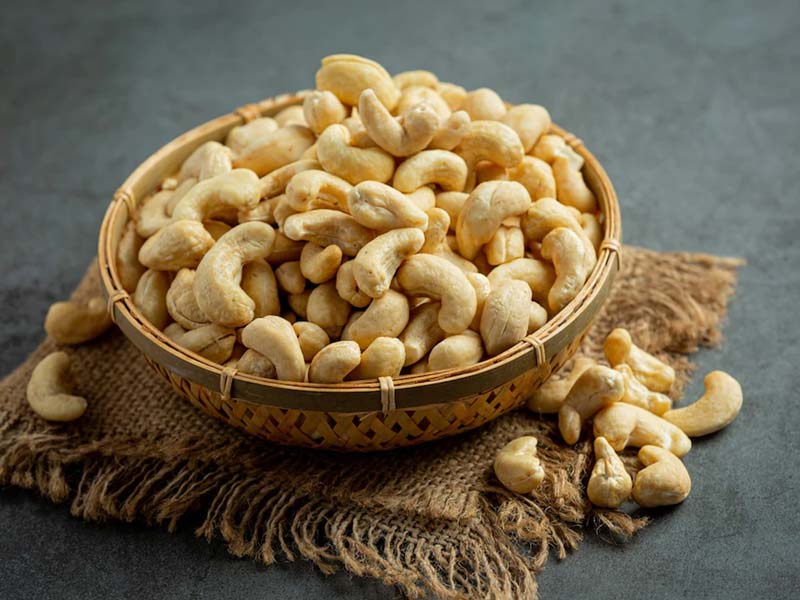
Introduction:
The global cashew industry has witnessed remarkable growth in recent decades, with the demand for cashew nuts and related products skyrocketing. Cashews are not only enjoyed as a tasty snack but are also used in various recipes, and their byproducts find application in the confectionery, baking, and beverage industries. In this article, we will explore the main cashew producing countries worldwide, highlighting their production volumes, export destinations, and significance to the global market.
1. Vietnam: Leading the Global Cashew Production
Vietnam is the largest cashew producing country, accounting for approximately 40% of global production. The country has a favorable climate for cashew cultivation, allowing for high yields and consistent quality. Vietnam’s robust processing industry processes a significant portion of its cashew production, making it a key player in the export of cashew kernels. The processed cashews are primarily exported to the United States, European Union, China, and India. Vietnam’s dominance in the industry can be attributed to its efficient production processes, government support, and strong entrepreneurial spirit.
2. India: Quality and Tradition in Cashew Production
India is the second-largest cashew producer globally, known for its high-quality cashews and extensive processing capabilities. The state of Andhra Pradesh is a major cultivation hub, with favorable growing conditions and ample availability of labor. The country’s processing industry adds value to raw cashew nuts by converting them into kernels, cashew butter, cashew flour, and various other byproducts. Indian cashews are renowned for their quality and flavor, making them highly sought after in both domestic and international markets. Key export destinations for Indian cashews include the United States, European Union, Middle East, and Southeast Asian countries.
3. Ivory Coast: West Africa’s Cashew Export Leader
Ivory Coast, also known as Côte d’Ivoire, holds a dominant position in the global cashew market as the largest exporter of raw cashew nuts. With over 80% of its production being sold to processing countries like Vietnam and India, Ivory Coast plays a crucial role in the supply chain. The northeastern regions, including Bondoukou, Bouna, and Korhogo, are the main cashew producing areas. The Ivorian government has implemented various policies to develop the cashew sector as a means of poverty reduction and economic diversification. Increasing investment in processing infrastructure is a current focus to foster local value addition and enhance export revenues.
4. Brazil: Emerging Cashew Player in South America
Brazil is a significant player in the global cashew production market, primarily concentrated in the northeastern states of Ceará, Piauí, and Rio Grande do Norte. However, Brazil’s cashew production has encountered challenges due to competition from other crops and diseases affecting cashew trees. The country mainly exports processed cashews in the form of kernels to the United States, European Union, and other Latin American countries. Brazil’s cashew industry has been actively engaged in promoting research and development to address the challenges and improve the competitiveness of its cashew products in the international market.
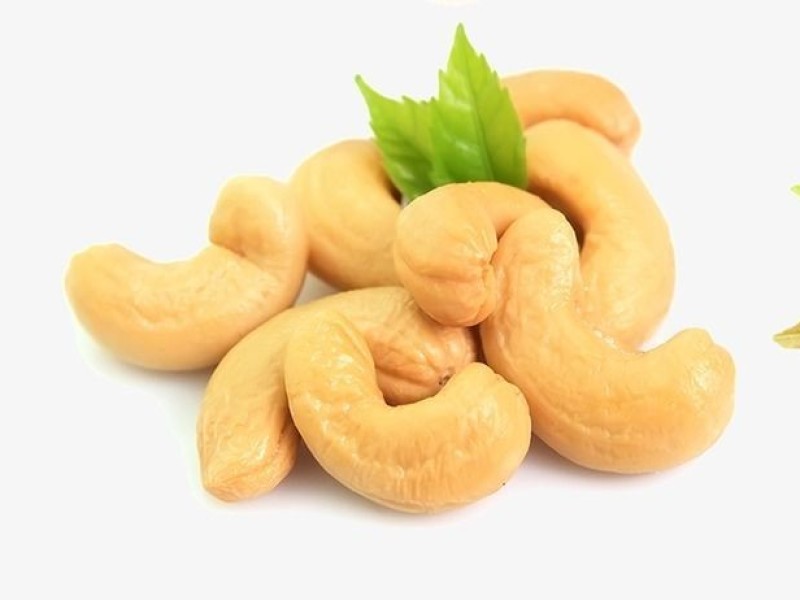
5. Nigeria: Unlocking the Potential of a Growing Sector
Nigeria ranks among the top five global cashew producers, known for its large-sized cashew nuts with high kernel yields. The country has favorable climatic conditions, and cashew cultivation is spread across various states, including Oyo, Ogun, Enugu, and Kaduna. However, Nigeria faces challenges with limited processing capacity, which has resulted in a reliance on exporting raw cashew nuts to countries like Vietnam and India. To maximize the benefits of the cashew industry, initiatives are underway to encourage local processing and value addition, creating employment opportunities and driving economic growth.
6. Tanzania: Developing Cashew Processing Capabilities
Tanzania is a significant cashew producer in East Africa, with the southern regions of Mtwara and Lindi being the main cultivation areas. The country primarily exports raw cashew nuts, with India, Vietnam, and the United Arab Emirates as key export markets. To enhance the value of its cashew exports and create employment opportunities, Tanzania has embarked on efforts to promote local processing. Investments are being made in processing facilities to increase the production of cashew kernels and other value-added cashew products, reducing reliance on raw exports and boosting revenue streams.
7. Benin: A Cashew Exporter in West Africa
Benin, located in West Africa, is one of the leading cashew producing countries, with cashews accounting for a significant share of its agricultural exports. Cashew cultivation in Benin is concentrated in the northern regions, such as Alibori and Atacora. The country predominantly exports raw cashew nuts, which are primarily processed in India and Vietnam. Benin’s cashew industry plays a pivotal role in generating income for rural communities, contributing to poverty reduction and economic development efforts.
8. Guinea-Bissau: Cashews Driving Economic Growth
Guinea-Bissau is a prominent cashew producing country in West Africa, heavily reliant on cashew nut exports for its economic growth. The cashew sector plays a crucial role in employment generation and foreign exchange earnings. The country continues to focus on improving cashew processing capacity to enhance value addition. Developing local processing facilities would enable Guinea-Bissau to benefit fully from the cashew industry and create a more sustainable and inclusive economy.
Conclusion:
Cashew production is a vital sector for numerous countries worldwide, offering economic opportunities and contributing to global food supply. Vietnam, India, Ivory Coast, Brazil, Nigeria, Tanzania, Benin, and Guinea-Bissau are among the key cashew producing countries, each with its unique production volumes, export destinations, and challenges. Understanding the dynamics of these countries’ cashew industries contributes to a broader perspective on the global cashew market and its significance in international trade. As the demand for cashews continues to rise, these countries remain pivotal in meeting global requirements and shaping the future of the cashew industry.

